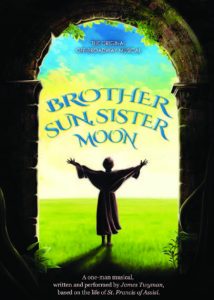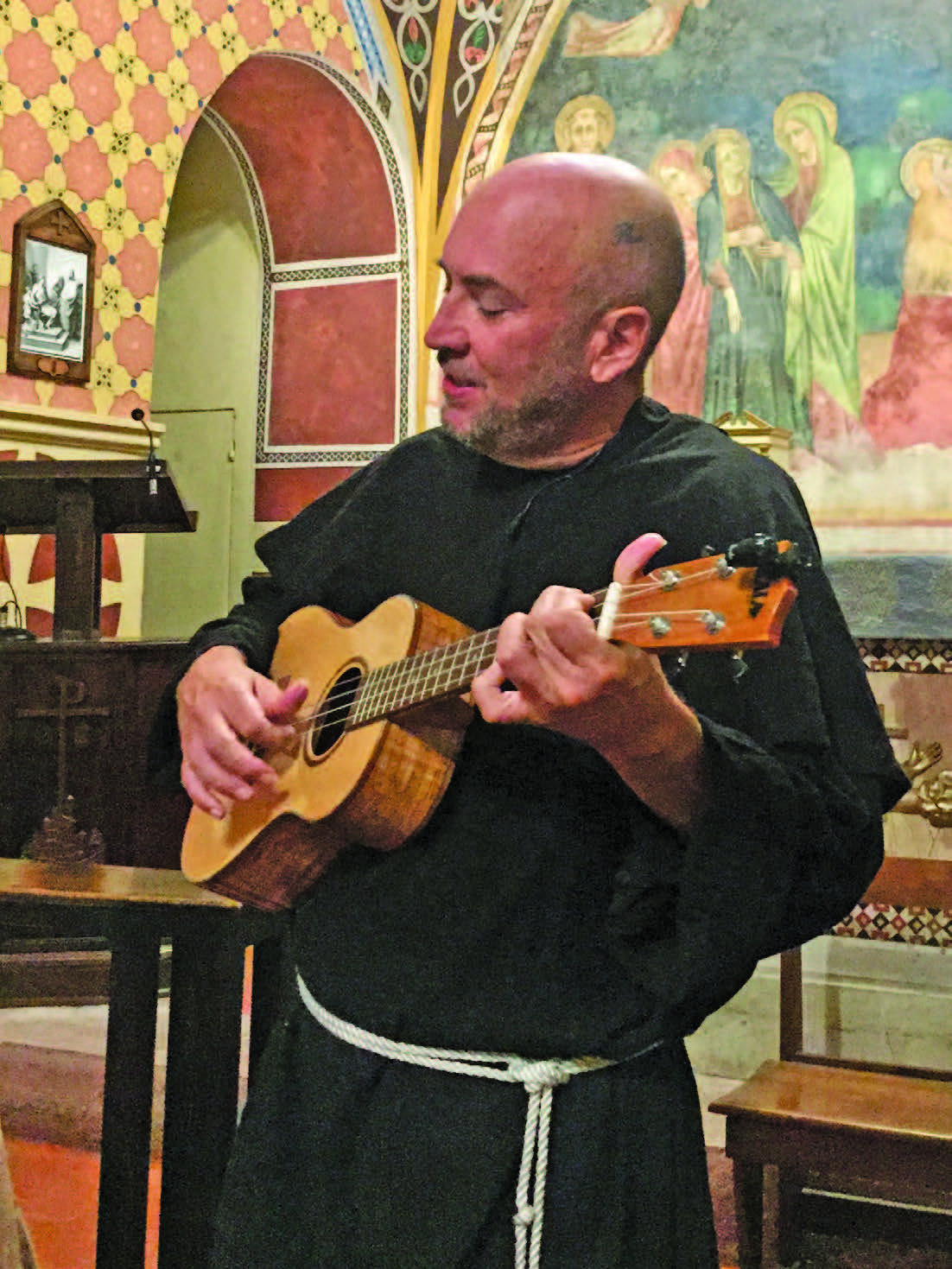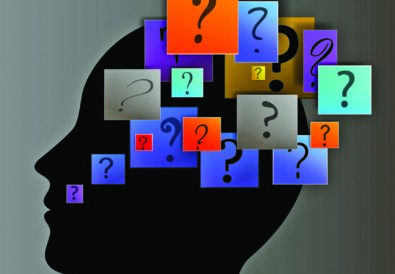Set aside your computer for a moment and see if you can guess who wrote these words: “I made a mistake. Without doubt, an oppressed multitude had to be liberated, but our method only provoked further oppression and atrocious massacres. What was really needed…were ten Francis of Assisi’s.”
I love asking this question and I’m not surprised when people give credit to revolutionary characters like Gandhi or Dr. Martin Luther King, Jr. When I tell them they’re wrong their answers become even more interesting – Napoleon, George Washington, etc. “How about John Lennon?” someone recently asked.
“You’re close,” I said, “but only because their names sound similar. The answer is Lenin, not Lennon – the architect of the Russian Revolution, Vladimir Lenin.”
Lenin? Is it possible that the communist leader who referred to religion as “medieval mildew” and called the clergy “gendarmes (French policemen) in cassocks” had fallen in love with a twelfth century Italian mystic who gave everything he owned to the poor in order to live the Gospel of Jesus as perfectly as he could? Clearly St. Francis has inspired millions of people for more than eight hundred years, to the point that statues of the saint occupy gardens everywhere you look today, but how did an atheist like Lenin become so enthralled?
Maybe Lenin has something to teach all of us in this regard. The end of the quote is: “What was really needed in Russia were ten Francis of Assisi’s,” but we could just as easily substitute that in our own world today—and it would be just as true.
Does it sound like a ridiculous dream in the world of bullying, fake news and racist attacks? When you know a little about the history of Europe, especially at the time of St. Francis, you realize things weren’t that different—the pope was at odds with the Holy Roman Emperor, city states were constantly at war with other city states, and tension between the very rich and the very poor was at an all-time high.
Which leads to the question Vladimir Lenin seemed to be asking: Are we trying to solve the problems of the world with the same thinking that got us into trouble? If so, maybe ten radical people like St. Francis of Assisi are enough to turn things around.
Margaret Mead famously said: “Never doubt that a small group of thoughtful, committed citizens can change the world; indeed, it’s the only thing that ever has.” Was Mead’s thinking influenced by St. Francis when he wrote: “Pure, holy simplicity confounds all the wisdom of this world?”
When you examine the current direction of the world – especially politically — it’s easy to agree that the current wisdom isn’t so wise, so maybe thinking outside the box isn’t such a bad idea.
Presidential candidate Marianne Williamson has taken considerable heat for challenging the status quo. She encourages us to “love with conviction” and “wage peace,” the same ideas St. Francis would have expressed if he was alive today. But at least she is willing to stand for these ideas on a national stage, inching these concepts forward, planting seeds in the minds of people who may not have viewed the world from this perception.
So I’ve decided to throw my hat into the ring, but not as a Presidential candidate. I want to take up the challenge issued by Lenin and become one of the ten St. Francis’s needed to turn the world around.
Here are a few things I’ll need to do if I’m to accomplish my goal: Be willing to give everything for love; think less about my own comfort and more about the wellbeing of others; and finally, challenge my own limiting beliefs and be willing to see everyone through the eyes of love. If I can do that, even in some limited way, maybe others will make a similar decision and step forward in their own way. All I need are nine more.
St. Francis’s example directly challenged the powers that ruled Europe eight hundred years ago, and yet his vision is celebrated today. He lived at the end of what we now call the Dark Ages, but he was also one of the inspirations that initiated the Renaissance, an era of great light and creativity.
Is it possible that hundreds of years from now people will look back at this time in a similar way, calling it another Dark Age? And if they do, will they also celebrate the few dedicated people who stepped forward just as St. Francis did? Are we on the cusp of a New Renaissance?

 James Twyman, bestselling author of Giovanni and the Camino of St. Francis, will bring his stirring new musical on St. Francis, Brother Sun, Sister Moon to Broadway on February 20-March 1, 2020. And with the beloved saint as his modelhe will travel a continent penniless, on foot and with whatever food, housing and further transportation that God will provide to get him there, presenting the play in 10 cities along the way. Twyman is also the NY Times bestselling author of 15 other books including The Moses Code and Emissary of Light. He has also recorded more than 18 music albums including the Billboard chart bestseller I AM Wishes Fulfilled along with Dr. Wayne Dyer; as well as produced or directed seven feature films. For more information on Twyman, and the Brother Sun, Sister Moon Musical Tour stops and performances, and Giovanni and the Camino of St. Francis, visit: JimmyTwyman.com
James Twyman, bestselling author of Giovanni and the Camino of St. Francis, will bring his stirring new musical on St. Francis, Brother Sun, Sister Moon to Broadway on February 20-March 1, 2020. And with the beloved saint as his modelhe will travel a continent penniless, on foot and with whatever food, housing and further transportation that God will provide to get him there, presenting the play in 10 cities along the way. Twyman is also the NY Times bestselling author of 15 other books including The Moses Code and Emissary of Light. He has also recorded more than 18 music albums including the Billboard chart bestseller I AM Wishes Fulfilled along with Dr. Wayne Dyer; as well as produced or directed seven feature films. For more information on Twyman, and the Brother Sun, Sister Moon Musical Tour stops and performances, and Giovanni and the Camino of St. Francis, visit: JimmyTwyman.com



















